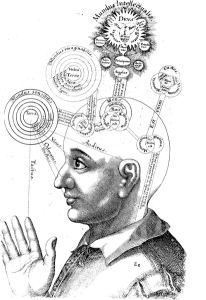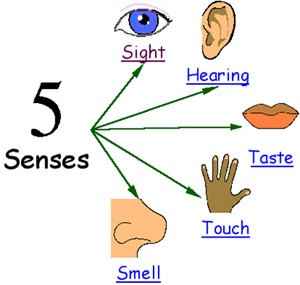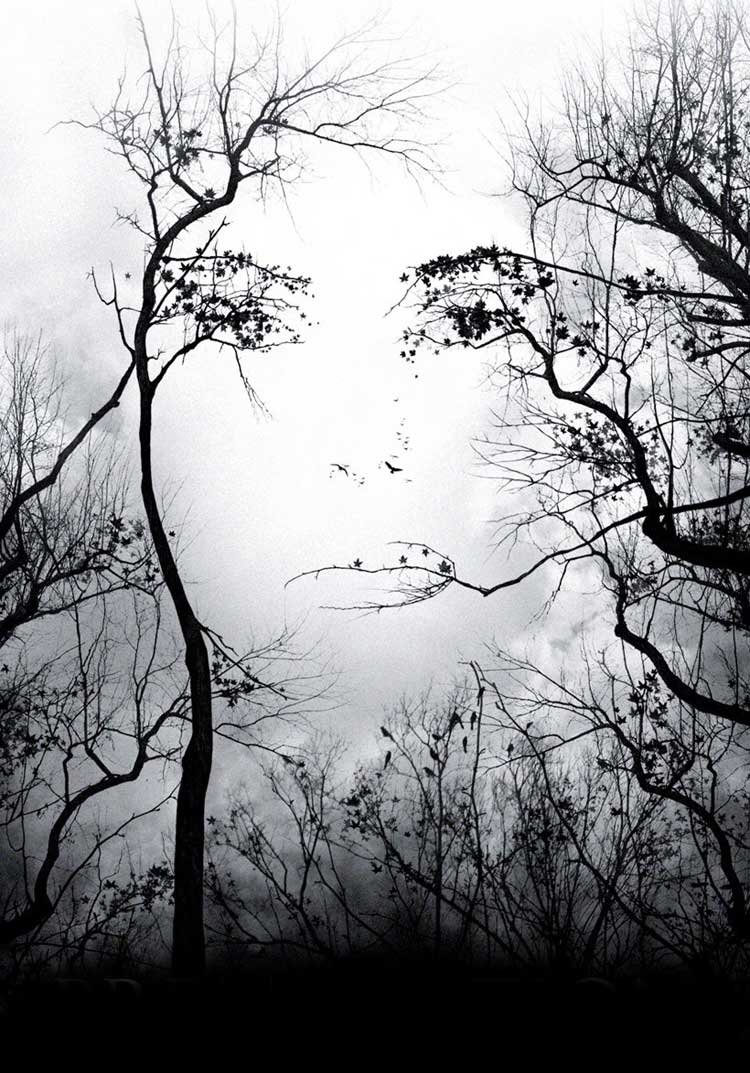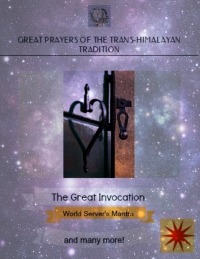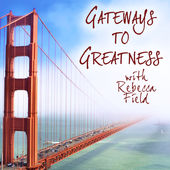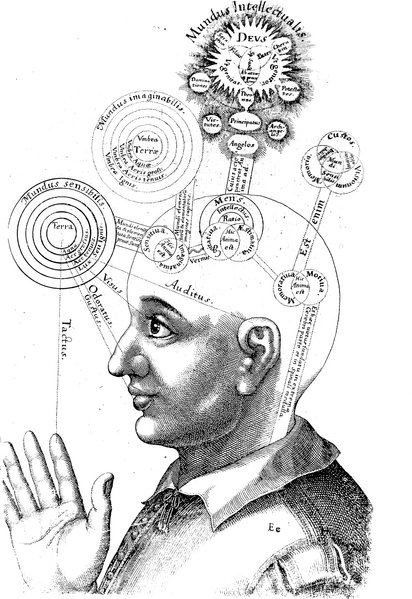
A PERSPECTIVE ON THE CURRENT CRISIS – Part II
by Rebecca A Field
 Humanity is currently in a period of realizing that the sensory cultural outlook of the present isn’t working any longer.
Humanity is currently in a period of realizing that the sensory cultural outlook of the present isn’t working any longer.
Most of us don’t want to go into a monastery, real or symbolic, for mystical revelations to find our inner truth or the existence of societal truth. We live in the dying phase of a sensate era.
The difference between the two outlooks of sensational and ideational is vastly different. Huge in fact! Neither ideational, the religious viewpoint, nor the sense based outlook is an answer to all the challenges of life. The two opposites have little in common. In fact, Sorokin says they are irreconcilable.
The sensory and the religious systems stand in opposition to each another. According to the sensory model, the way we learn is through the physical senses.
The ideational societal mode of thought is religious. It almost goes without saying that at the time either of the extremes is a dominant social expression, it is totally indifferent, if not opposed to its opposite.
The sensate system, which we are now living in, puts out vibes that favor investigation of scientific facts that are based on the senses. The sensate system of reality allows only the scientific approach in all facets of life.
Philosophically, sensate truth boils down to empiricism, or knowledge that arises from sense experience. It rejects supersensory knowledge.
In our sensate system, for instance, a well developed system of knowledge is open exclusively to its material and sensory expressions.
Symbolically, we all tend to wear glasses that enable us to see only from the materialistic perspective. We have gained immeasurably from the sensate perspective. However, at this time, we seem to be at a crossroad as materialistic values seem to break down.
 During a sensate period, material values are supreme. Everyone wants to be wealthy and having wealth is supposed to satisfy our needs and wants, our limitless desire for entertainment of every kind and our craving for an infinite number of things. Sensory usefulness and pleasure are goals we pursue.
During a sensate period, material values are supreme. Everyone wants to be wealthy and having wealth is supposed to satisfy our needs and wants, our limitless desire for entertainment of every kind and our craving for an infinite number of things. Sensory usefulness and pleasure are goals we pursue.
The result of such a system is that what we believe to be so is time centered, relative, existentialistic, and filled with the notion that traditional beliefs are unfounded, useless and are, or should be, considered morally deplete.
According to Sorokin, this all boils down to the fact that sensory truth, when it becomes exclusive, becomes an illusion. Everything is relative. We have to name everything.
Did you know that about a year and a half ago, the English language contained one million words and the number of words added to the language has increased since then.
We find emphasis in this late sensate phase of evolution in outlooks such as logical positivism, hedonism, utilitarianism, pseudo-religion, the cloudy ethics of today and the idea that science is to be used as an instrument of profit. The French say it succinctly: “Savoir pour prévoir, prévoir pour pouvoir.” Know in order to foresee and foresee in order to act.
In the sensate value system, all facets of life are utilitarian and materialistic. The prevailing esteemed, cultivated, studied, expressed, and accepted focuses of interest and energy are in physics, chemistry, biology, medicine, politics, technology and economics. What is practical is prized and sought after.
Other disciplines like metaphysics, philosophy and ethics are overlooked as thought systems that could be helpful in perilous times. Taking psychology from its root meaning, it is an art/science of the soul. But instead, it is expressed and utilized in today’s world as the physiology and electro-dynamics of the nervous system. Philosophy, the love of wisdom, the knowledge of true reality becomes a vague and empty search based on the findings of science using Aristotelian logic.
Next we’ll take a brief look at the ideational and idealistic ways of determining truth and value.



